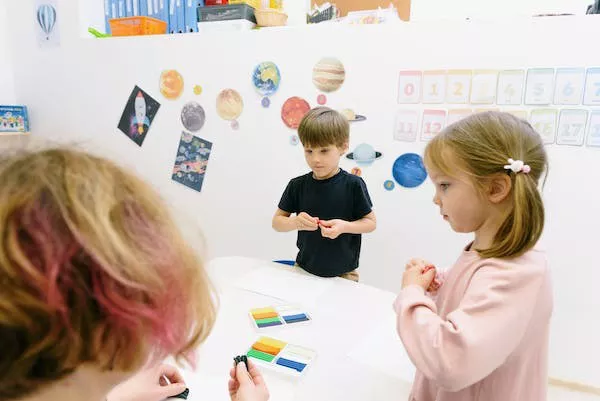In today’s rapidly evolving society, the concept of dating has become increasingly prevalent among teenagers. However, determining the appropriate age to embark on this exciting journey can be a daunting task for both parents and adolescents. To shed light on this matter, this article will explore various factors to consider when deciding on the ideal age to start dating. By understanding the physical, emotional, and social aspects involved, parents and young individuals can make informed decisions that promote healthy relationships and personal development.
Individual Maturity Levels
The decision to start dating should be based on an individual’s maturity level, which encompasses emotional, intellectual, and social development. Emotional maturity refers to the ability to manage and express emotions effectively, while intellectual maturity relates to critical thinking and decision-making skills. Social maturity involves understanding and adhering to societal norms, maintaining healthy boundaries, and communicating assertively. These aspects can vary significantly among teenagers due to diverse backgrounds, experiences, and personality traits.
Psychological Considerations
Adolescence is a period of self-discovery and identity formation, making it crucial to consider the psychological aspects of dating. Teenagers must possess a strong sense of self-esteem and self-worth to navigate the challenges that come with dating. It is essential to emphasize that external validation should not be the primary motivation for entering a romantic relationship. Building a healthy self-image and developing a solid understanding of personal values and boundaries are key prerequisites for engaging in dating.
Communication and Consent
Effective communication and consent are fundamental in any relationship, including dating. Adolescents must be equipped with the necessary communication skills to express their thoughts, feelings, and boundaries effectively. Understanding the importance of consent is equally vital, as it establishes a foundation of respect and mutual understanding. Teenagers should be aware of their rights and responsibilities in a relationship, including the right to say no and the responsibility to respect others’ boundaries.
Parental Guidance and Support
Parents play a critical role in guiding their children through the dating process. Open and honest communication between parents and teenagers can foster a supportive environment and help adolescents make informed decisions. Parents should educate themselves about healthy relationships, dating etiquette, and potential risks to provide appropriate guidance. Setting clear rules and boundaries, while also allowing space for independence, is essential for striking a balance between protection and trust.
Cultural and Religious Influences
Cultural and religious beliefs can significantly impact views on dating and relationships. It is important to acknowledge and respect these influences when determining the appropriate age to start dating. Families with specific cultural or religious practices may have guidelines or traditions related to dating that need to be considered. Parents should engage in open dialogue with their children, taking into account their family’s values, cultural norms, and religious teachings.
Education on Healthy Relationships
Prior to embarking on a romantic relationship, teenagers should receive education on healthy relationships. This includes understanding the characteristics of a healthy relationship, recognizing warning signs of abuse or unhealthy dynamics, and learning conflict resolution skills. Schools, community organizations, and parents can collaborate to provide comprehensive relationship education programs that empower young individuals to establish and maintain healthy relationships.
Conclusion
Determining the ideal age to start dating is a complex decision that depends on numerous factors. By considering individual maturity levels, psychological factors, communication and consent, parental guidance, cultural and religious influences, and education on healthy relationships, parents and teenagers can navigate this journey more confidently. Ultimately, fostering open communication, emphasizing personal growth, and prioritizing emotional well-being are key principles that contribute to a healthy and successful dating experience.


